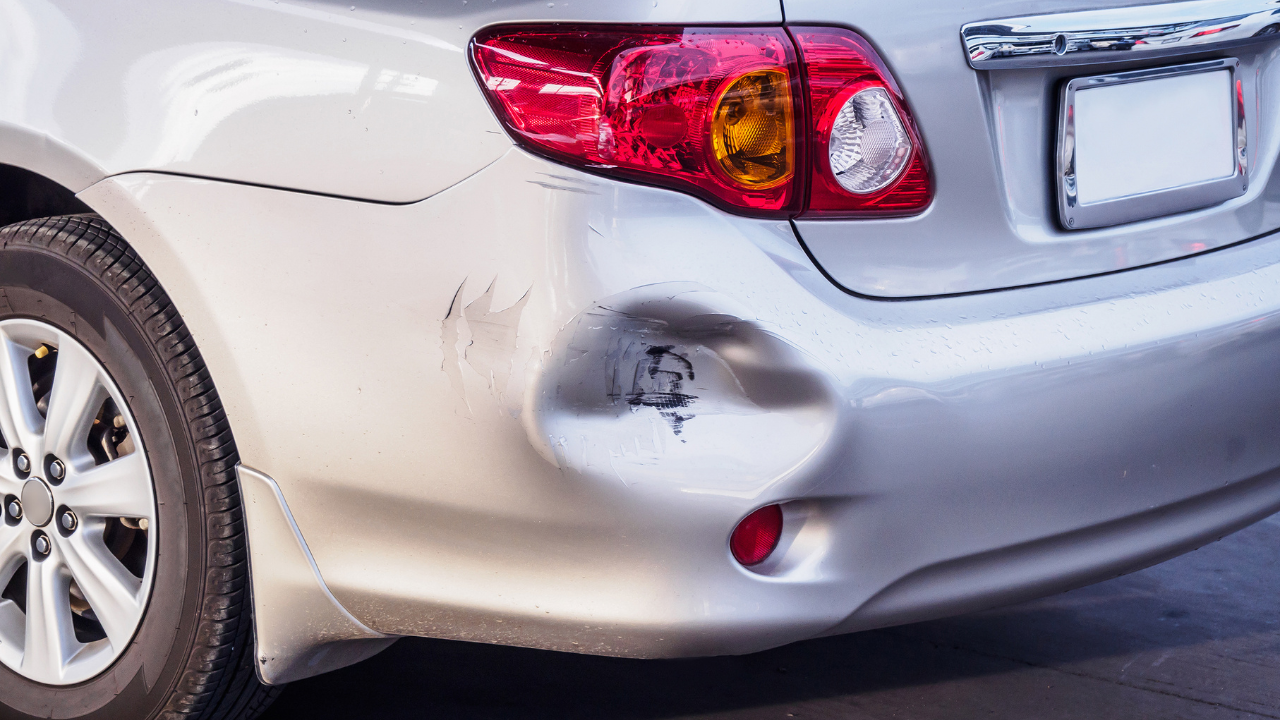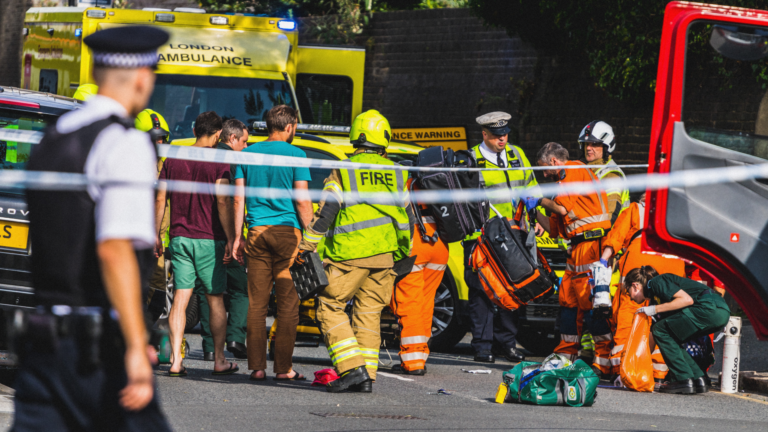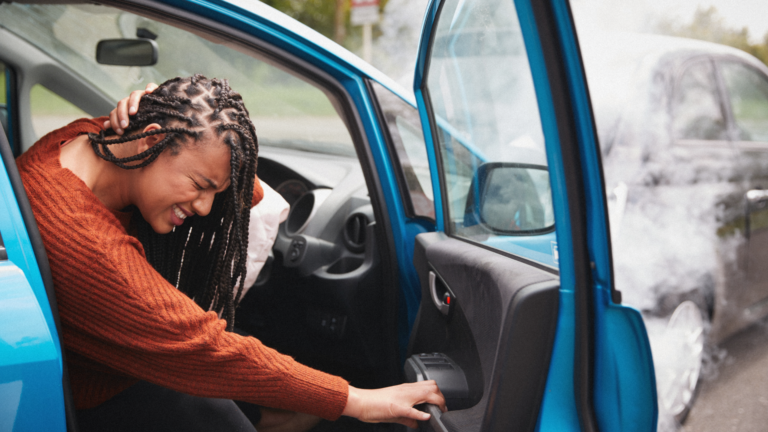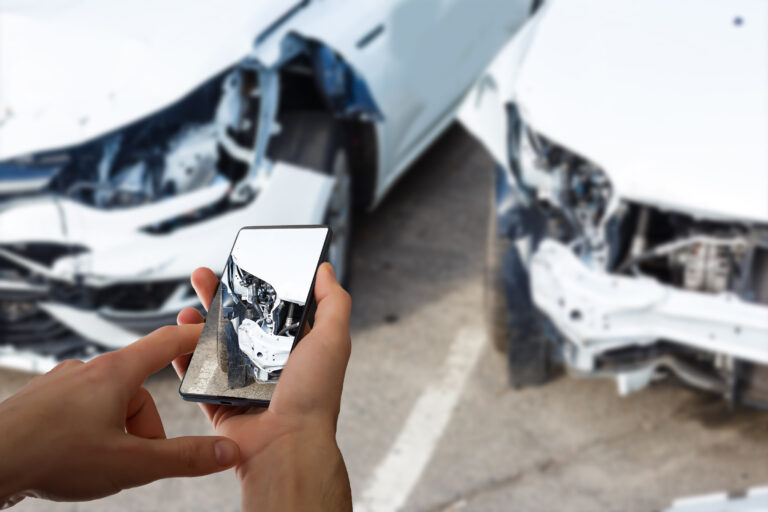Immediate Steps to Take After an Accident
After a car accident, the first thing you should do is ensure everyone’s safety. Turn on your hazard lights and, if possible, move your vehicle out of traffic to prevent further accidents. Safety should always be your top priority because even minor collisions can escalate if not handled properly. Once the scene is secure, check yourself and others for injuries—this step could save lives.
If anyone is injured, call 911 immediately for medical assistance. Even if there are no visible injuries, it’s still a good idea to report the accident to authorities, especially in Atlanta where traffic laws are strict. Remember, taking these steps not only protects you but also sets the stage for resolving the situation smoothly. Now, let’s dive into Georgia’s legal reporting requirements so you know exactly what’s expected next.
Georgia’s Legal Reporting Requirements
In Georgia, drivers are legally required to report accidents if they result in injury, death, or property damage exceeding $500. This rule applies regardless of who is at fault. Failing to comply with this law can lead to serious consequences, including fines or license suspension. Reporting promptly ensures that all parties involved are held accountable and helps protect your rights during insurance claims.
If you’re unsure whether the damage exceeds $500, it’s better to err on the side of caution and file a report. You must notify police “by the quickest means of communication,” which typically means calling 911 from the scene. Reporting the incident as soon as possible creates an official record, which can be critical later on. With this foundation laid, let’s explore what specific information you need to gather at the scene.
What Information to Gather at the Scene
Collecting accurate information at the scene is crucial for both insurance claims and potential legal proceedings. Start by exchanging names, contact details, and insurance information with the other driver(s). Be sure to note the make, model, and license plate numbers of all vehicles involved. Taking clear photos of the accident scene, vehicle positions, and any visible damages will serve as valuable evidence.
Don’t forget to document the location, date, and time of the accident. Witness statements can also strengthen your case, so jot down their names and contact info if they’re willing to help. Gathering this data might feel overwhelming in the moment, but it will pay off when navigating the aftermath of the crash. Next, we’ll discuss how to file a police accident report in Atlanta.
“You must report a car accident in Georgia immediately if there is injury, death, or property damage exceeding $500.” -Kalka Law
How to File a Police Accident Report in Atlanta
Filing a police report is essential, especially if the accident involves significant damage or injuries. If officers respond to the scene, they’ll usually handle the initial report. However, if law enforcement doesn’t arrive, you’ll need to visit a local precinct within 10 days to file one yourself. This step ensures there’s an official account of the incident, which insurers often require for processing claims.
“The driver of a vehicle involved in an accident resulting in injury to or death of any person or property damage to an apparent extent of $500.00 or more shall immediately, by the quickest means of communication, give notice of such accident to the local police department if such accident occurs within a municipality…” -Georgia Code §40-6-273
To obtain a copy of the report, you can request it through the Georgia Department of Transportation (GDOT) or use online systems like Buycrash. Having this document will streamline interactions with your insurance company and provide clarity about liability. Speaking of insurance, understanding your obligations and next steps is vital—let’s break it down.
“Collect personal details of all parties involved, including names, addresses, and contact information. Document vehicle information, such as make, model, and license plate numbers. Take note of the accident’s location, date, and time…” -Grant Law Office
Understanding Insurance Requirements and Next Steps
After an accident, you must notify your insurance company promptly, ideally within 24 hours. Provide them with all relevant details, including the police report number, photos, and witness statements. Delays in reporting can lead to denied claims or reduced payouts, making timeliness key. Insurance companies rely on thorough documentation to assess fault and determine compensation fairly.
“It’s also best to report the accident to your insurance company within 24 hours to avoid delays or denied claims.” -Kalka Law
Be honest and transparent when communicating with your insurer, but avoid admitting fault prematurely. Stick to the facts and let professionals evaluate the situation. For complex cases, consulting a trusted attorney, such as those at The Super Lawyer, can ensure your interests are protected throughout the process. Moving forward, let’s address common injuries and why seeking medical care is non-negotiable.
“Police reports can be purchased via Buycrash or requested from GDOT. The official report is GDOT-523.” -Georgia DOT
Common Injuries and Medical Steps After a Crash
Car accidents in Atlanta frequently result in injuries like whiplash, broken bones, or concussions. Even if you feel fine initially, symptoms can surface hours or days later. Seeking immediate medical attention not only safeguards your health but also establishes a paper trail linking your injuries to the accident—a critical factor for insurance claims.
“Failing to report such incidents can result in legal consequences, fines, and other complications.” -Essa Janho Law
Keep records of all treatments, prescriptions, and doctor visits related to the crash. These documents may become invaluable if disputes arise over liability or compensation. Prioritizing your recovery while staying organized sets you up for success. But what happens if the other driver flees the scene? Let’s tackle hit-and-run scenarios next. “Failing to report an accident can result in penalties that may include criminal charges, fines, or the suspension of your driver’s license.” -Grant Law Office

What to Do If the Other Driver Leaves the Scene
A hit-and-run situation adds complexity to an already stressful event. If the other driver leaves the scene, try to gather as much information as possible before they disappear. Note their vehicle description, license plate number, and direction of travel. Witnesses can also provide helpful accounts, so don’t hesitate to ask around. 🔍
“A crash report can provide important evidence in the event of a legal dispute.” -Kalka Law
Notify the police immediately and provide them with all available details. Hit-and-runs violate Georgia law, and having a strong case increases the chances of catching the offender. Your insurance policy may also cover damages in such situations, though terms vary. Understanding these nuances highlights why knowing Georgia’s laws is so important. On that note, let’s examine the penalties for failing to report an accident.
Legal Consequences for Failing to Report an Accident
Failing to report a qualifying accident in Georgia can lead to severe repercussions, including fines, license suspension, or even criminal charges. These penalties underscore the importance of adhering to state laws and fulfilling your responsibilities as a driver. Ignoring these obligations jeopardizes not just your driving privileges but also your financial stability.
Beyond legal trouble, unreported accidents can complicate insurance claims and leave you liable for damages. Protecting yourself starts with following proper procedures, starting with timely reporting. Now, let’s look at how to obtain a copy of your incident or police report—a vital resource for moving forward.
Obtaining a Copy of the Incident or Police Report
To get a copy of your accident report, you can either request it directly from the police department or access it via online platforms like Buycrash. The official form used in Georgia is called GDOT-523, and obtaining it ensures you have documented proof of the incident. This report plays a pivotal role in settling disputes and finalizing insurance claims. Keep it safe and share it only with authorized entities.
When to Contact an Attorney After a Car Accident
Contacting an attorney becomes necessary in certain situations, such as when liability is disputed, injuries are severe, or the other party acts unethically. Legal representation can level the playing field, ensuring you receive fair treatment and maximum compensation. Attorneys specialized in car accidents, like those at The Super Lawyer, bring expertise that simplifies the process significantly.
Even seemingly minor accidents can spiral into major headaches without proper guidance. Consulting an attorney early can prevent costly mistakes and give you peace of mind. As we shift focus, let’s explore what to expect during the insurance process after filing a claim.

What to Expect from the Insurance Process
Once you’ve filed a claim, the insurance company will conduct an investigation to determine fault. They’ll review evidence like the police report, photos, and witness statements. Based on their findings, they’ll decide whether to approve or deny your claim. While payouts aim to cover repairs and medical bills, disputes sometimes arise, requiring negotiation or mediation.
Stay proactive throughout this phase by responding promptly to requests and keeping detailed records of all correspondence. If negotiations stall, consider enlisting professional support to advocate on your behalf. Armed with knowledge, you can navigate the system effectively. Finally, let’s discuss practical tips for preventing future accidents in Atlanta.
Tips for Preventing Future Accidents in Atlanta
Atlanta’s busy roads demand heightened awareness and defensive driving habits. Stay vigilant for hazards like potholes, sudden lane changes, and distracted pedestrians. According to local crash data, intersections and highways are hotspots for collisions, so exercise extra caution in these areas. Defensive driving courses can sharpen your skills and reduce risks.
Maintain your vehicle regularly to avoid mechanical failures that could cause accidents. Simple actions like checking tire pressure and brakes go a long way in promoting safety. By adopting responsible habits, you contribute to safer streets for everyone. Let’s wrap up with answers to some frequently asked questions about car accidents in Atlanta.
FAQ: Common Questions About Car Accidents in Atlanta
- How soon must I report my accident to the police?
- What if no one was injured and vehicle damage is minor?
- What information should I exchange at the scene?
- Should I contact my insurance company even if it’s not my fault?
- Do I need an attorney for a minor accident?
Conclusion
Being prepared after a car accident in Atlanta means acting quickly, gathering evidence, and understanding your legal obligations. From reporting the incident to filing insurance claims, each step plays a crucial role in protecting your rights and securing fair outcomes. Remember, taking immediate action reduces stress and minimizes complications down the road.
Stay informed about Georgia’s accident laws and prioritize safety every time you hit the road. If you’re ever uncertain about what to do, don’t hesitate to consult a professional. Websites like The Super Lawyer offer expert guidance tailored to your needs. By staying proactive, you can confidently handle any challenges that come your way. Drive safely!




